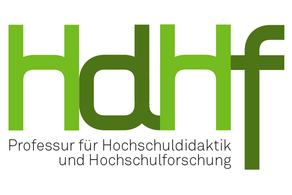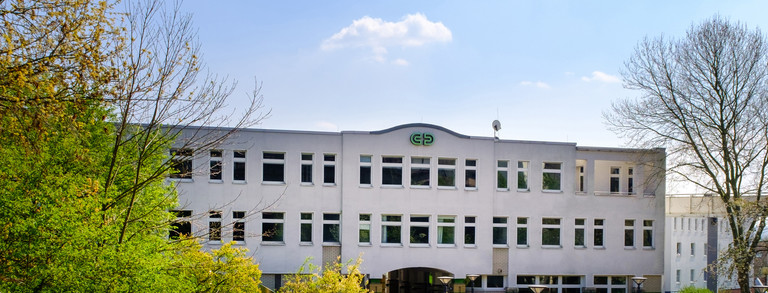Prof. Dr. Stefan Kuhlmann & Dr. Ewert Aukes

Science Diplomacy in the Making
– Vortrag in englischer Sprache –
Datum: Mittwoch, 24. Juni 2020
Zeit: 16:00–17:30 Uhr
Ort: Online via Zoom
Grand societal challenges require collective action within and across national borders. Science Diplomacy is a promising mechanism to address these grand societal challenges. We understand science diplomacy generally as collaborations between stakeholders from science, policy and diplomacy, which involve various governmental or diplomatic organizations as well as non-governmental scientific organizations. The complexity arising from the existing variety of mechanisms and stakeholders precludes a clear-cut definition of who should ‘do’ science diplomacy in what way. Many stakeholders that could be labelled ‘science diplomacy organization’ would not do so themselves. This presents challenges for organizing the governance of science diplomacy. We suggest that governing mechanisms for science diplomacy in Europe must observe four premises to be effective. These premises include (a) grand societal challenges require both diplomatic efforts and science-based knowledge, (b) science-based knowledge production is diverse and evolving, (c) diplomacy means reconciling a variety of interests, and (d) Science Diplomacy requires combined science and diplomacy literacy. Taken seriously, these premises lead to governance practices that do not pre-define what Science Diplomacy is, but give interested stakeholders the guidance they need to develop effective Science Diplomacy mechanisms themselves. This presentation draws on joint work with Ewert Aukes, Gonzalo Ordóñez-Matamoros, Stefan Kuhlmann, and Sanaz Honarmand Ebrahimi on the EU H2020 funded project S4D4C.
Stefan Kuhlmann is a professor of science, technology and society (STS) as well as head of the department of Science, Technology, and Policy Studies (STePS) at the University of Twente, the Netherlands. For more than 30 years, he has been analysing science, research and innovation systems and public policies, focusing on the dynamics of governance. He has held leading roles in many international collaborative research projects and networks, funded by national research organisations, governments and the European Commission. His work starts from the assumption that science, technological development and innovation generate sites for articulation, contestation, navigation, negotiation, and change in modern societies. Currently, Kuhlmann is editor of the leading journal Research Policy (since 2005), associate editor of the Int. J. of Foresight and Innovation Policy and on the boards of several other international journals. His books include The Theory and Practice of Innovation Policy (2010); the Research Handbook on Innovation Governance for Emerging Economies (2017); and the Handbook on Science and Public Policy (2019).
Forschungskolloquium Hochschulforschung
Zentrum für HochschulBildung (zhb)
Professur für Hochschuldidaktik und Hochschulforschung





